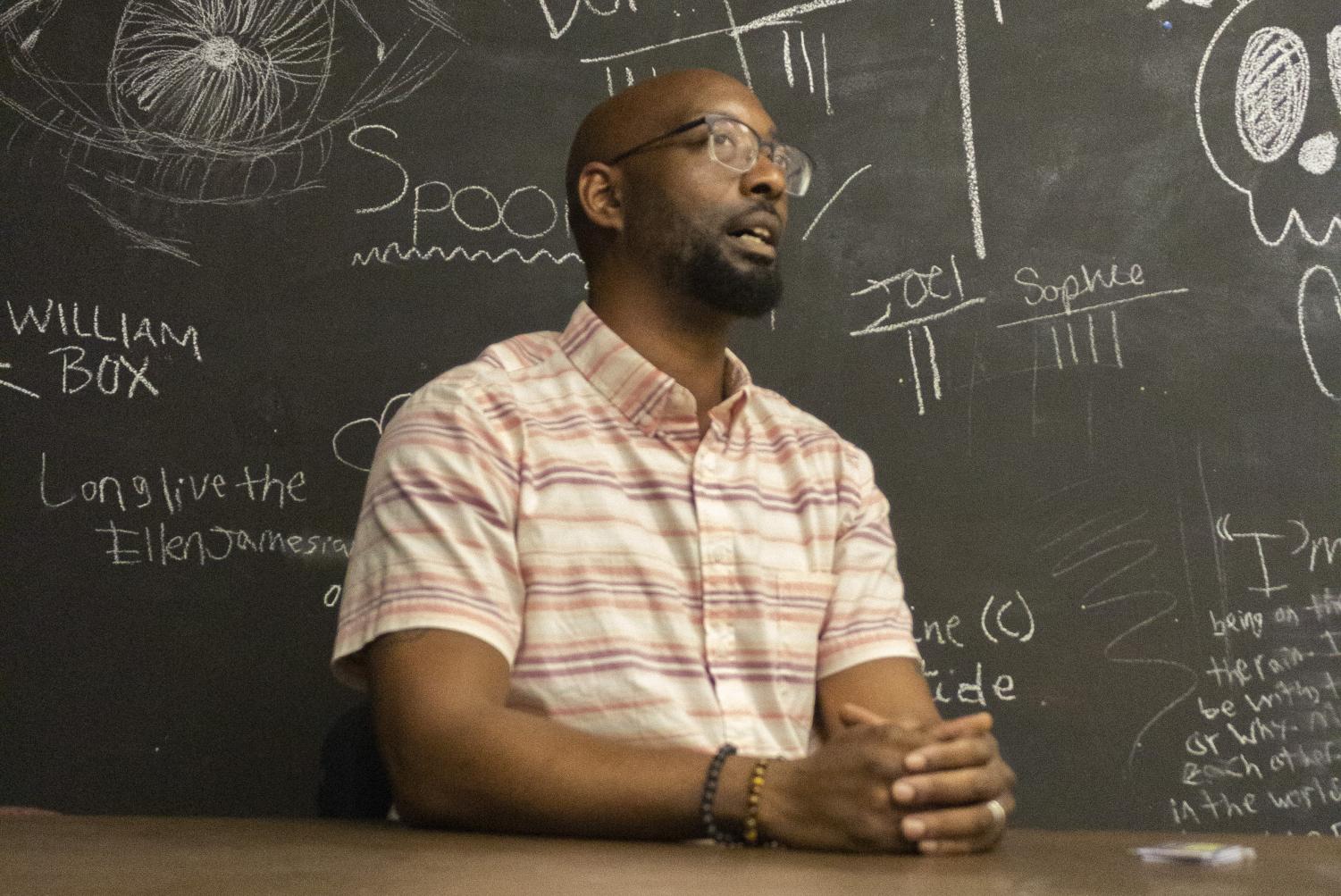The redistricting of District 118 could impact who wins state representative race
September 17, 2022
The upcoming general elections are slated to take place on Nov. 8. Here, in Southern Illinois, the 118th district state representative race will occur after the approval of a controversial redistricting plan.
The U.S. Census counts every resident in the United States. It is mandated by the U.S. Constitution to take place every 10 years. The controversy arises when not everyone in a specific geographic area has been accounted for during the surveying.
The community effects of completing a census survey have massive implications. For example, the government bases its allocation of federal funding in education, public health and transportation based on survey numbers.
Advertisement
The data is also used to determine the distribution of congressional seats to states. Specifically, the data is used to define legislative districts, school district assignment areas, and other important functional government areas.
So why does all of this matter to the 118th district? Before the 2020 redistricting cycle, the 118th district had more cities represented within its boundaries. However, today the district has been nearly shrunk in half. For example, the black community in East Saint Louis was divided into three separate districts under the new redistricting cycle: districts 112, 113 and 114.
The current redistricting cycle has led to several lawsuits alleging racial gerrymandering. That is a process in which district lines are drawn to prevent racial minorities from electing their preferred candidates. Although the 2020 redistricting cycle has been challenged in court, the district lines remain intact.
The Daily Egyptian reached out to candidates in the 118th district state representative race. On one side, you have Democratic candidate Van Ikner and on the other is Republican Paul Jacobs. While we were able to interview Mr. Ikner, Mr. Jacobs could not make himself available for an interview before our publication deadline, due to what his office referred to as prior commitments.
So, let’s provide you with a background of both candidates.
Ikner was initially born in Chicago and grew up there until he graduated from high school and moved to Southern Illinois. He was incarcerated for conspiracy to distribute marijuana, a non-violent offense in his younger years. After his state and federal jail stints, he committed to community activism and started a moving company with his family. Ikner has not had any further encounters with the law since then. He graduated from Southern Illinois University in 2019 on the same day as his son.
Ikner is a newcomer politician who began this path about a year ago when a friend suggested he consider running for office.
Advertisement*
“I hadn’t given it any real consideration, especially given the nuances about my experiences that sort of allowed me to disqualify myself early on,” he said. “I had to validate I am the person for this opportunity.”
On the other side of the race is incumbent State Representative Jacobs. He currently represents the 115th district and has been in the position for a year. He served in the U.S. Navy from 1965 to 1971. Jacobs received his doctorate of Optometry and owned an optometry practice in Southern Illinois for 41 years. He also founded the Von Jakob Winery in Alto Pass, from the ground up, 24 years ago.
Our attention now shifts back to the redistricting plan.
When asked about his thoughts on the changes for voters in district 118, Ikner said, “I think that not only made the district more competitive, but I think it is a better reflection of the people in the community. And it’s one of the main reasons I got involved because, for the first time, I feel we not only can compete, but we can win.”
Ikner also recognized the importance of having someone who can fully represent every constituent due to the recent district plan changes.
“If we don’t have a voice that reflects other voices in our community, how can we have a true, accurate perception of being able to be objective,” he said.
The opportunity for Ikner to work with everyone is essential to his candidacy.
“Regardless [of] if you’re a Republican, Democrat, Green or independent, I want an opportunity to represent all of us here in Southern Illinois. I want to bring people to the table to form a power structure that allows us to experience group economics and politics,” Ikner said.
As enthused as Ikner is about the elections within the district, he also recognizes the likely inaccuracy of the census results.
“We can never get an accurate picture of the census when we don’t have everybody participating,” he said.
Ikner said he knew COVID possibly impacted census involvement because, in the past, people were more willing to open their doors, but not during a global pandemic.
Lastly, Ikner implied middle-class constituents would be more willing to fill out a census than economically challenged locals.
“It’s the middle-class and well-off people who actually have time to think about the census. Most people in my neighborhood are trying to figure out how to pay the lights and are off to the food pantry,” he said.
Ikner does not oppose the approved redistricting plan. He views it as an opportunity to bring out more voters. If voters feel they are being unaccounted for, it will hopefully motivate them to vote, he said.
(Editor’s note: The Daily Egyptian will update this story should Rep. Jacobs decide to comment.)
Staff reporter Mannie Henderson can be reached at ehenderson@dailyegyptian.com
Advertisement



